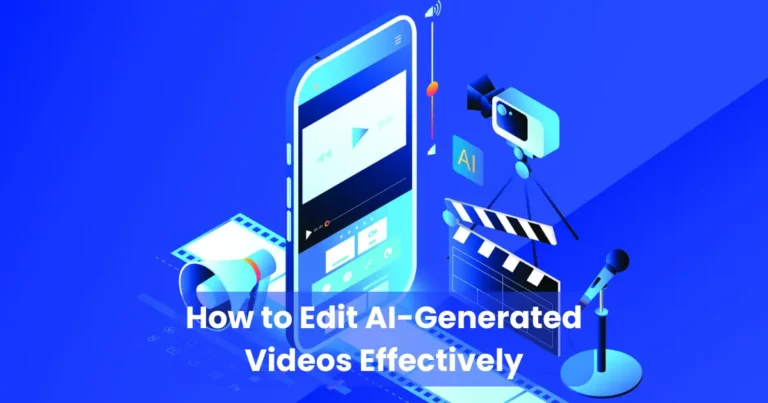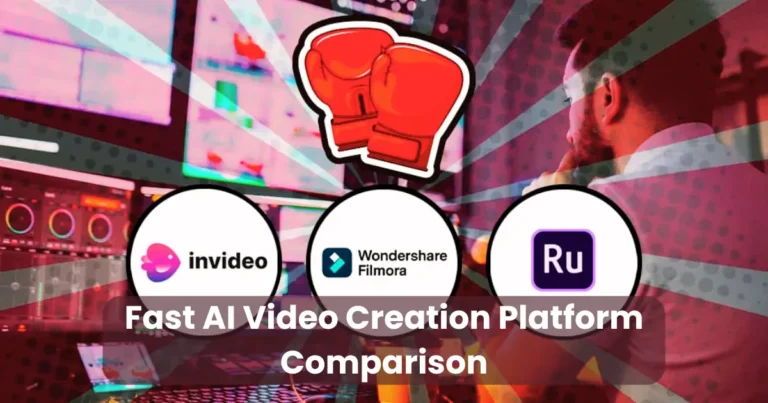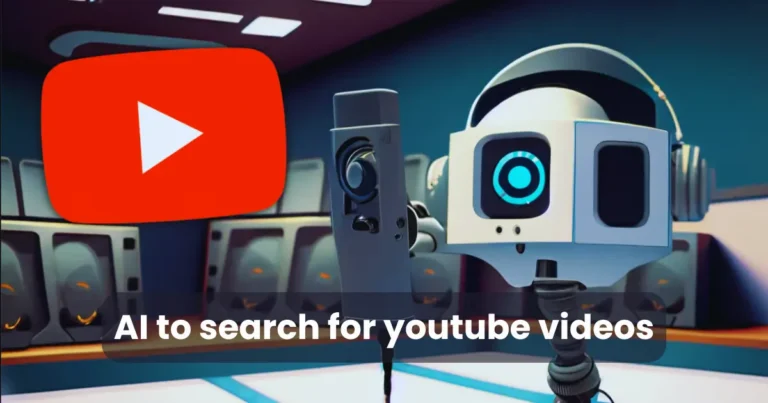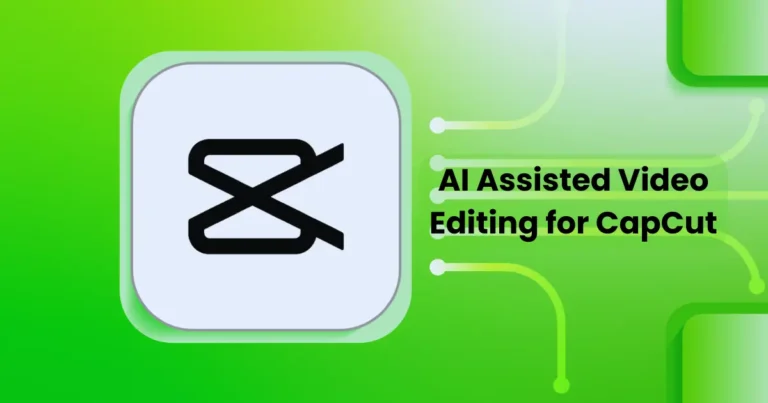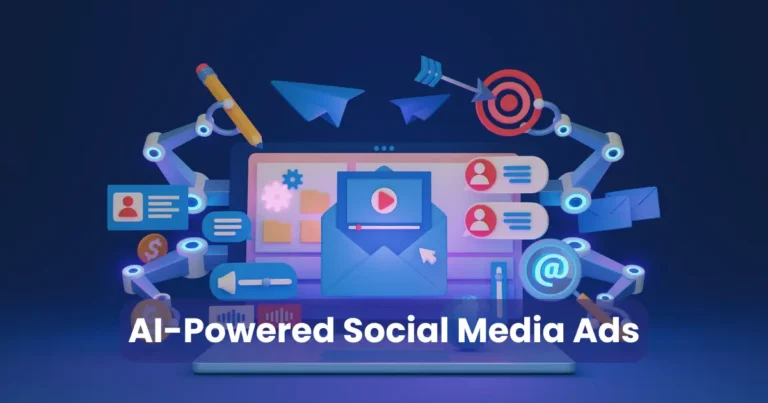How AI Affects Video Jobs: Industry Impact in 2025
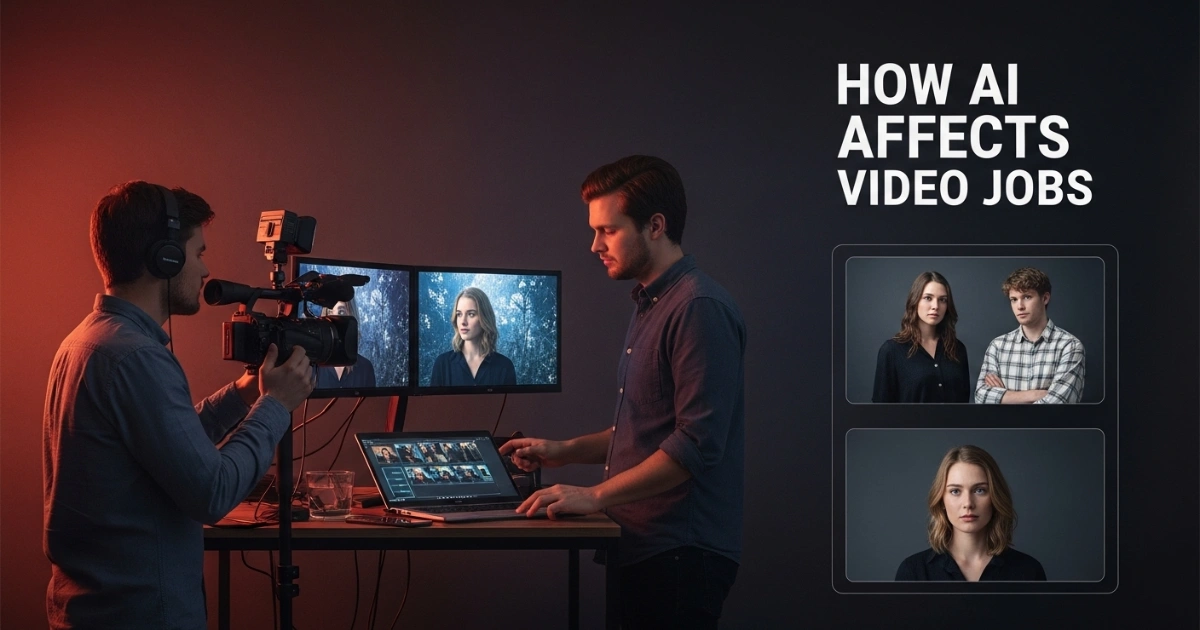
Contents
The video production industry is undergoing a seismic shift, and how AI affects video jobs is at the heart of this transformation. Artificial intelligence (AI) is no longer a futuristic concept; it’s actively reshaping the way videos are created, edited, and distributed. From automating repetitive tasks to generating high-quality content, AI is both a tool and a disruptor for professionals in video-related roles. As the industry evolves, understanding these changes is crucial for videographers, editors, animators, and other creatives who want to stay ahead. This article explores the profound impact of AI on video jobs, offering insights into its benefits, challenges, and future trends, while highlighting how professionals can adapt to maximize their career potential.
The Rise of AI in Video Production
Automating Repetitive Tasks
AI is streamlining video production by automating time-consuming tasks. For instance, AI-powered tools like Adobe Premiere Pro’s Auto Reframe or Descript’s Overdub can automatically adjust video framing or generate voiceovers, saving editors hours of manual work. These tools analyze footage, detect faces, or match audio tones with remarkable accuracy. As a result, editors can focus on creative aspects, such as storytelling, rather than tedious technical tasks. Moreover, automation reduces production timelines, allowing teams to deliver projects faster without sacrificing quality.
Transitioning to efficiency, AI also minimizes human error. Tools like Runway ML can remove unwanted objects from videos or enhance low-quality footage, tasks that once required extensive manual effort. By handling these processes, AI empowers professionals to produce polished content more efficiently, reshaping how AI affects video jobs by prioritizing creativity over routine.

Enhancing Video Editing with AI
AI-driven editing software is revolutionizing post-production. Platforms like Magisto or Lumen5 use machine learning to analyze raw footage, select the best clips, and create cohesive edits based on user preferences. These tools are particularly valuable for social media content creators who need quick, engaging videos. Additionally, AI can suggest transitions, color grading, or music that aligns with a video’s tone, making editing accessible even to beginners.
However, this accessibility raises concerns. While AI simplifies editing, it may reduce demand for entry-level editors, as businesses increasingly rely on automated tools for basic tasks. Yet, skilled editors remain essential for complex projects requiring nuanced storytelling. Thus, how AI affects video jobs in editing is a balance of opportunity and adaptation, pushing professionals to master advanced skills.
AI’s Role in Video Content Creation
Generating Original Content
AI is not just enhancing existing processes; it’s creating entirely new content. Tools like Synthesia and DeepBrain AI generate realistic video content from text inputs, producing lifelike avatars that deliver scripted messages. These tools are transforming industries like marketing, where businesses can create promotional videos without hiring actors or crews. Consequently, how AI affects video jobs extends to reducing reliance on traditional production teams for certain projects.
For example, a small business can use AI to produce a professional-grade advertisement in minutes, bypassing the need for a full production team. While this democratizes content creation, it challenges videographers and producers to differentiate their skills. Professionals must now focus on unique, high-value services, such as custom cinematography or narrative-driven projects, to remain competitive.

Personalizing Video Content
AI excels at personalization, tailoring videos to specific audiences. Platforms like Wibbitz use AI to generate customized video ads based on user data, such as viewing habits or demographics. This capability allows marketers to deliver targeted content at scale, increasing engagement and conversion rates. For video professionals, this means new opportunities in data-driven content creation, where understanding audience analytics becomes as critical as technical skills.
Transitioning to job roles, how AI affects video jobs in this context creates demand for professionals who can integrate AI tools with creative vision. Video marketers and producers who leverage AI to craft personalized campaigns will find themselves in high demand, as businesses prioritize efficiency and impact.
Challenges of AI in Video Jobs
Job Displacement Concerns
While AI offers numerous benefits, it also sparks fears of job displacement. Automated tools can handle tasks like color correction, audio syncing, or even basic scriptwriting, potentially reducing the need for junior-level roles. For instance, AI platforms like InVideo can create short-form videos with minimal human input, which may impact freelancers or small agencies.
However, displacement is not universal. High-skill roles, such as directing or creative strategy, remain largely immune to automation. Professionals can mitigate risks by upskilling in areas AI cannot replicate, such as emotional storytelling or client collaboration. Understanding how AI affects video jobs means recognizing both the threats and the opportunities to pivot toward specialized roles.

Ethical and Creative Concerns
AI’s rise also raises ethical questions. Deepfake technology, powered by AI, can create hyper-realistic but fabricated videos, posing risks of misinformation or misuse. Video professionals must navigate these ethical challenges, ensuring AI is used responsibly. Additionally, some argue that AI-generated content lacks the human touch, potentially leading to generic or soulless videos.
To counter this, creatives must emphasize their unique perspectives. By blending AI tools with personal artistry, professionals can produce work that stands out. For instance, a cinematographer using AI for post-production can focus on crafting visually stunning shots that AI cannot replicate, ensuring their role remains vital.
Opportunities for Video Professionals
New Roles and Skillsets
AI is creating entirely new job categories within the video industry. Roles like AI content strategist, machine learning trainer, or data-driven video producer are emerging as businesses integrate AI into their workflows. These positions require a blend of technical proficiency and creative insight, offering exciting opportunities for those willing to adapt.
For example, professionals who learn to train AI models for video editing or content generation can position themselves as indispensable. Upskilling in AI tools, data analytics, or even basic programming can open doors to these roles. As how AI affects video jobs evolves, embracing these new opportunities ensures long-term career growth.

Enhancing Creativity with AI
Far from stifling creativity, AI can amplify it. Tools like Artlist’s AI-powered music search or Frame.io’s collaborative feedback system allow professionals to focus on their creative vision while AI handles logistics. By automating repetitive tasks, AI frees up time for experimentation and innovation, enabling videographers to push artistic boundaries.
Moreover, AI can inspire new forms of storytelling. For instance, generative AI can create surreal visual effects or dynamic animations, opening up possibilities for experimental filmmakers. By leveraging these tools, professionals can explore uncharted creative territories, reinforcing the positive aspects of how AI affects video jobs.
The Future of AI in Video Jobs
Trends to Watch in 2025
As AI technology advances, its impact on video jobs will deepen. In 2025, expect greater adoption of real-time AI editing tools, enabling live video enhancements during broadcasts or streams. Additionally, AI-driven virtual reality (VR) and augmented reality (AR) content creation will grow, creating demand for professionals skilled in immersive storytelling.
Transitioning to accessibility, AI will further democratize video production. Tools like Canva’s video editor or Kapwing will evolve, allowing non-professionals to create high-quality content. This trend will push video professionals to focus on premium, bespoke services to differentiate themselves. Understanding how AI affects video jobs in this context is key to anticipating market shifts.

Preparing for an AI-Driven Future
To thrive in an AI-driven industry, video professionals must embrace continuous learning. Familiarizing oneself with AI tools, such as Adobe Sensei or DaVinci Resolve’s Neural Engine, is essential. Additionally, mastering soft skills like collaboration, adaptability, and critical thinking will complement technical expertise, ensuring professionals remain competitive.
Networking with AI developers and staying updated on industry trends will also provide a competitive edge. By proactively adapting to how AI affects video jobs, professionals can position themselves as leaders in an evolving landscape, ready to capitalize on new opportunities.
Conclusion
The impact of how AI affects video jobs is profound, reshaping every facet of the industry from production to post-production. While AI introduces challenges like job displacement and ethical concerns, it also unlocks unprecedented opportunities for efficiency, creativity, and innovation. By embracing AI tools, upskilling in emerging roles, and focusing on uniquely human skills, video professionals can navigate this transformation successfully. As the industry continues to evolve, those who adapt to AI’s influence will not only survive but thrive, shaping the future of video content creation in 2025 and beyond.

